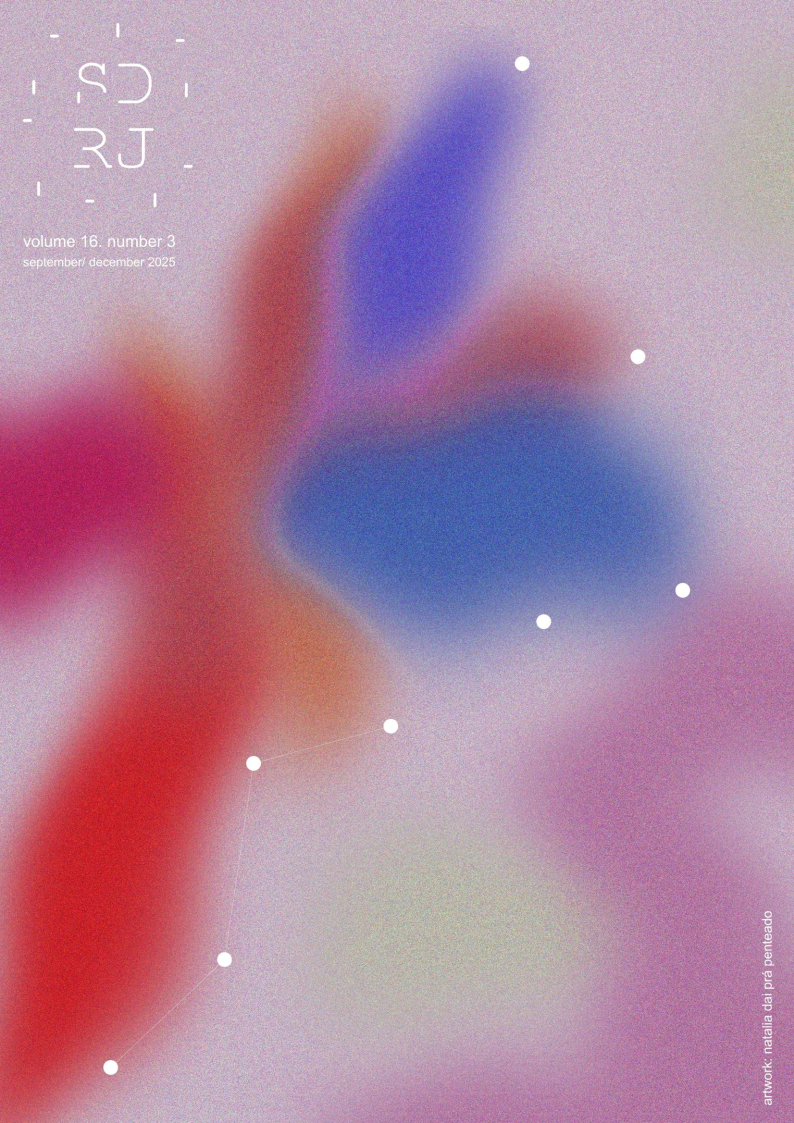Relational Frictions in Circular Economy Ecosystems: Designing for Transformative Futures
DOI:
https://doi.org/10.4013/sdrj.2023.163.02Abstract
In response to the growing tension between business growth and sustainable consumption, strategic design management offers frameworks to facilitate the transition from linear to circular models. This article examines the multifaceted challenges and opportunities companies face when engaging in circular economy (CE) ecosystems. Specifically, the article addresses the question: How does agency shape collaborative dynamics in the initiation and maintenance of partnerships within the global coffee value chain during socio-technical transitions towards circular practices? Through stakeholder interviews and follow-up conversations with decision-makers, our analysis highlights how relational frictions—emerging from the entangled dynamics of human–more-than-human systems—serve as both challenges and opportunities in navigating CE ecosystems. Our findings indicate that these frictions reveal the interconnected and context-dependent nature of collaborative practices, shaping both conflicts and transformations. We contextualize these findings within design and innovation management approaches, emphasizing the need for evolving participatory modes that enable transformative collaborations and foster circular futures.
Through stakeholder interviews and follow-up conversations with decision-makers, our analysis highlights how relational frictions—emerging from the entangled dynamics of human–more-than-human systems—serve as both challenges and opportunities in navigating CE ecosystems. Our findings indicate that these frictions reveal the interconnected and context-dependent nature of collaborative practices, shaping both conflicts and transformations.
We contextualize these findings within design and innovation management approaches, emphasizing the need for evolving participatory modes that enable transformative collaborations and foster circular futures.
Downloads
Published
Issue
Section
License
Copyright (c) 2025 Strategic Design Research Journal

This work is licensed under a Creative Commons Attribution 4.0 International License.
I grant the Strategic Design Research Journal the first publication of my article, licensed under the terms of the Creative Commons Attribution 4.0 International (CC BY 4.0), which permits reproduction, adaptation, and distribution provided the original author and source are credited.
I confirm that my article is not being submitted to another publication and has not been published in its entirely on another journal. I take full responsibility for its originality and I will also claim responsibility for charges from claims by third parties concerning the authorship of the article.
I also agree that the manuscript will be submitted according to the journal’s publication rules described above.

